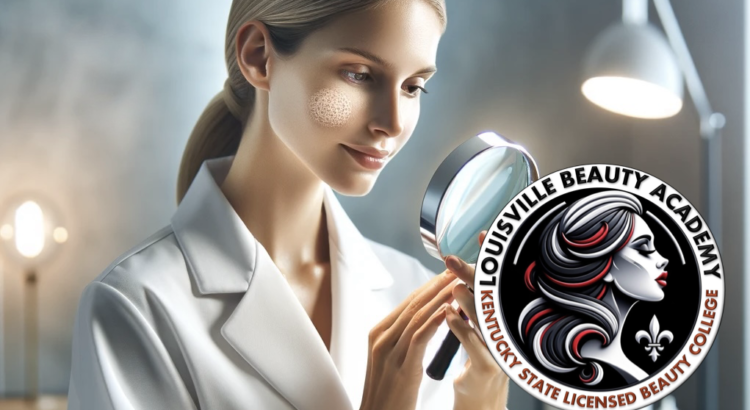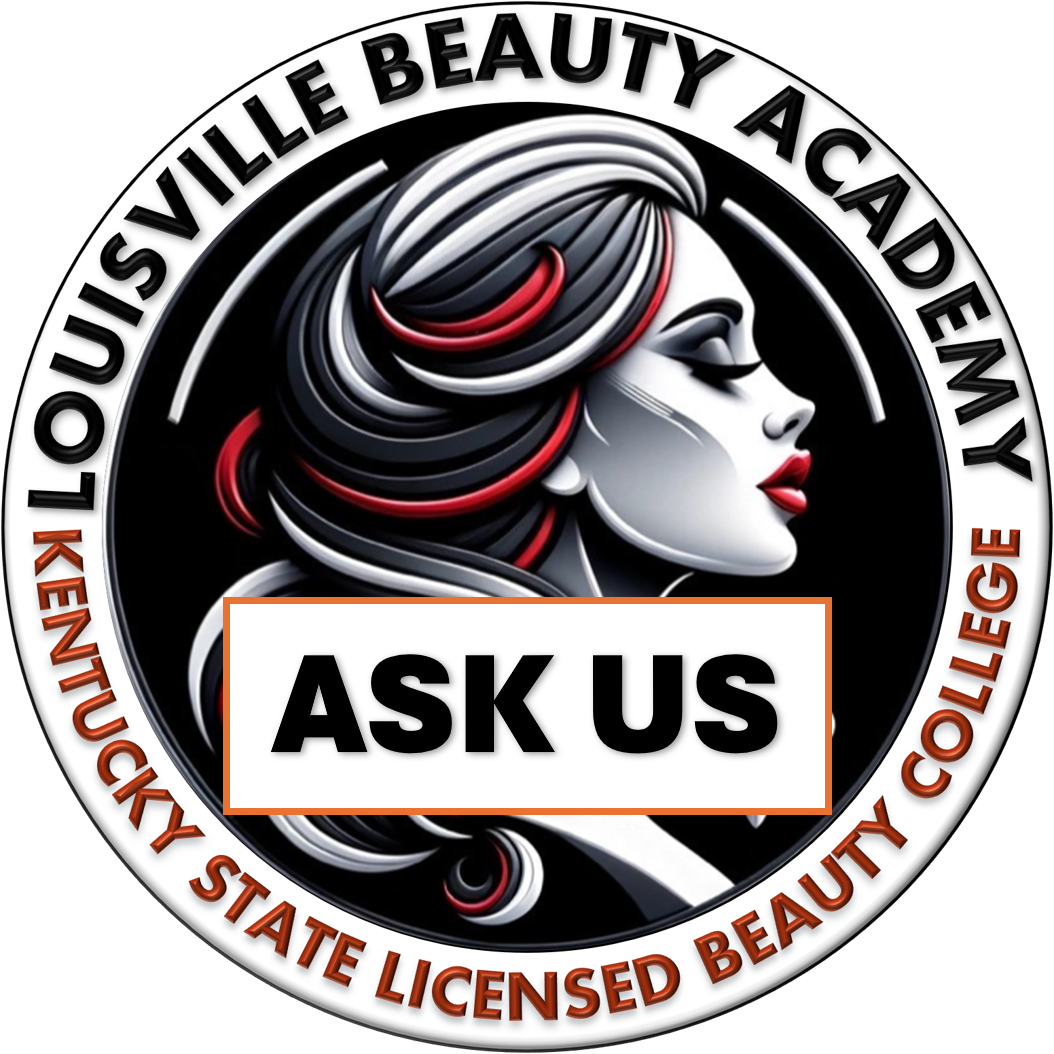At Louisville Beauty Academy, we take pride in providing state-licensed and state-accredited beauty education, including our comprehensive 2-day, 16-hour Eyelash Extension course. Upon successful completion of this course, certified by the Kentucky State Board of Cosmetology, students are equipped with the skills and knowledge necessary to apply for a Specialty Permit in Kentucky. This article will guide you through the application process for obtaining this essential permit.
Step-by-Step Guide to Applying for a Specialty Permit
1. Complete the Required Training:
- Training Course Completion: Ensure that you have completed the 2-day, 16-hour Eyelash Extension course at Louisville Beauty Academy, certified by the Kentucky State Board of Cosmetology. This course provides you with the necessary certification to apply for the specialty permit.
2. Gather Necessary Documents:
- High School Diploma or Equivalent: Provide a copy of your high school diploma, transcripts, or GED.
- Identification: Include a copy of your driver’s license for identification purposes.
- Passport Photo: Attach a 2×2 passport photo to your application.
- Milady Pro Infection Control Certificate: Complete a minimum 3-hour infection control course, available online at Milady Training. Ensure the certificate is dated within one year of your application.
- Lash Training Certificate: Include a copy of your certification from the Louisville Beauty Academy course, noting that the training must have been completed within six months of your application.
3. Employment Location Disclosure:
- Work Location: Disclose your intended employment location, as all services must be performed in a licensed facility approved by the Kentucky Board of Cosmetology. Permit holders are not allowed to provide services outside of these licensed facilities.
4. Submit the Application Online:
- Online Application Portal: Visit the Kentucky Board of Cosmetology’s online application portal. Locate the permit application under the Licensure tab, then click on “Specialty Permits” on the right side of the screen. Follow the instructions to complete your application.
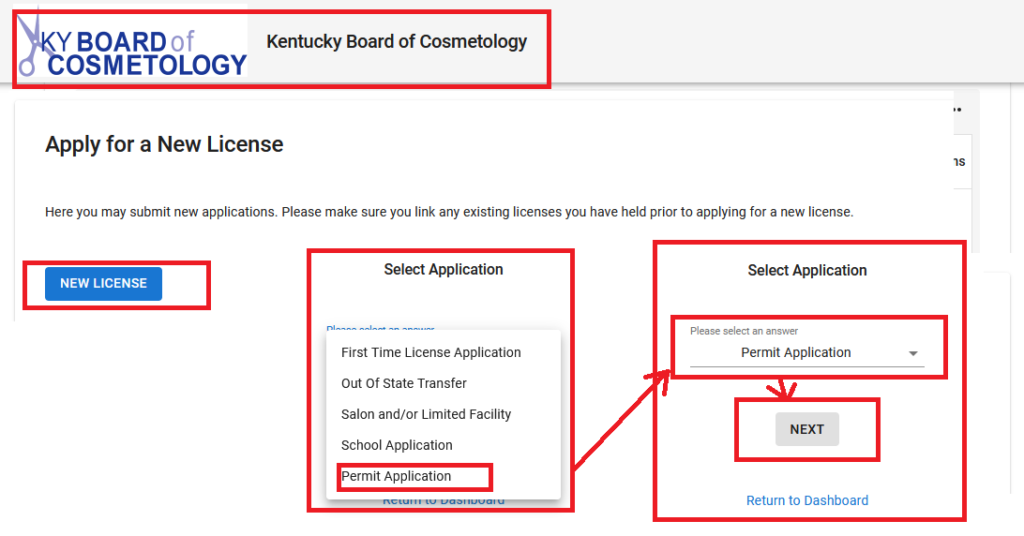
5. Payment of Fees:
- Electronic Payment: As of July 1, 2023, all payments must be made online via credit or debit card. Physical payments are no longer accepted. Ensure you complete this step to avoid delays in processing your application.
6. Review and Compliance:
- Sanitation Training: Complete the required sanitation training through the infection control course mentioned above.
- Compliance with Regulations: It’s crucial to comply with all regulations set by the Kentucky State Board of Cosmetology, including the prohibition against performing services outside of licensed facilities.
Important Considerations:
- No Additional Services: An Eyelash Extension Permit does not authorize you to provide other services such as lash perm lifts, tinting, or brow services. These services require separate licensure as a Cosmetologist or Esthetician.
- Renewal and Maintenance: Permits must be renewed annually during the renewal period of July 1st – 31st. Failure to renew on time requires submitting a Restoration Application along with applicable fees.
Disclaimer: Louisville Beauty Academy is here to help you align with Kentucky State law for all beauty services. We stay updated on the latest regulations and work toward ensuring our students are fully compliant. The information provided here is a simplified explanation of public information to help everyone understand the requirements. Please note that laws and policies of the Kentucky State Board of Cosmetology may change frequently. For the most current information on regulations and procedures, always refer directly to the Kentucky State Board of Cosmetology.
REFERENCES
https://kbc.ky.gov/Licensure/Specialty%20Permits/Pages/default.aspx
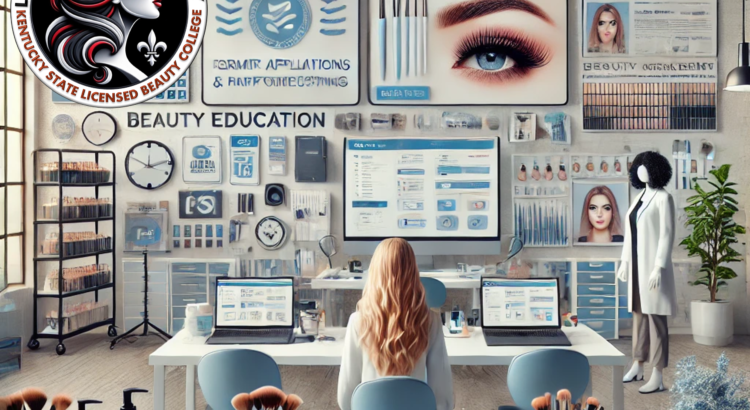
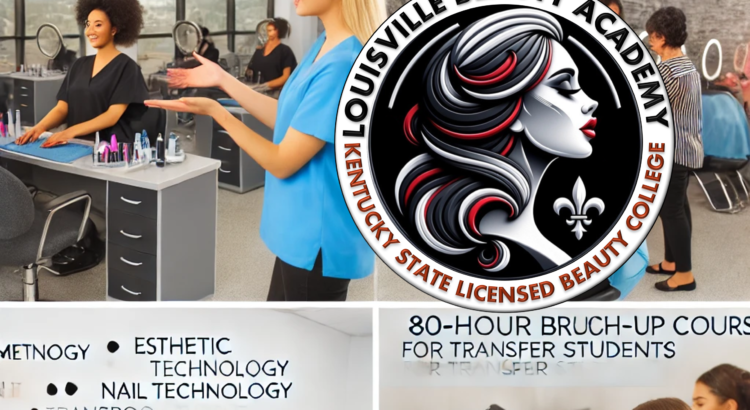

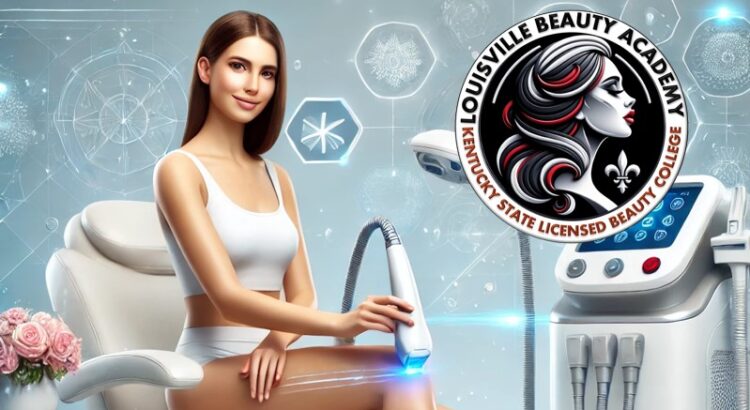
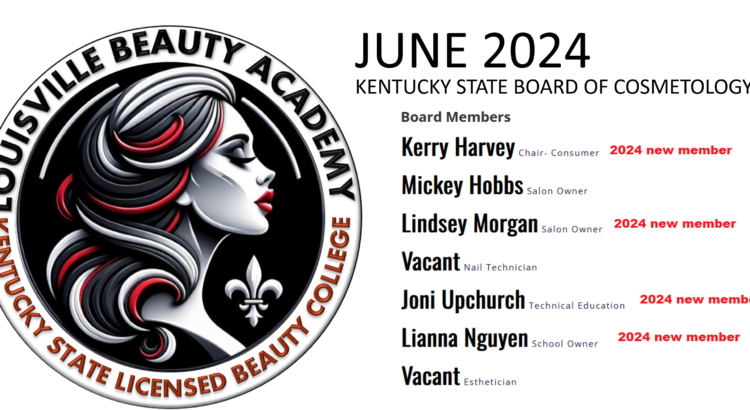
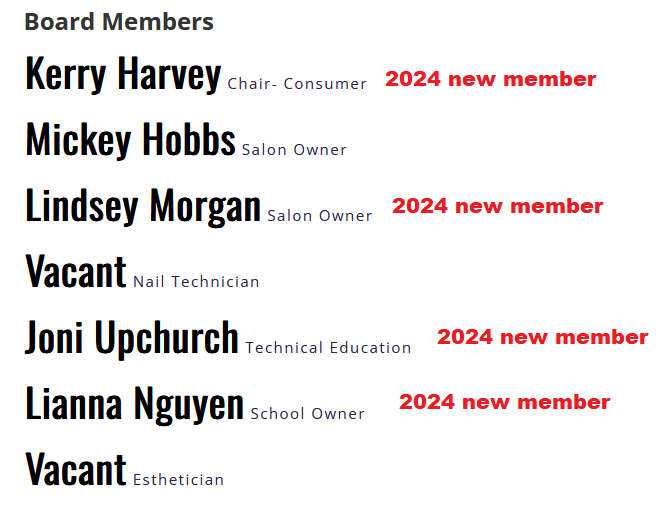
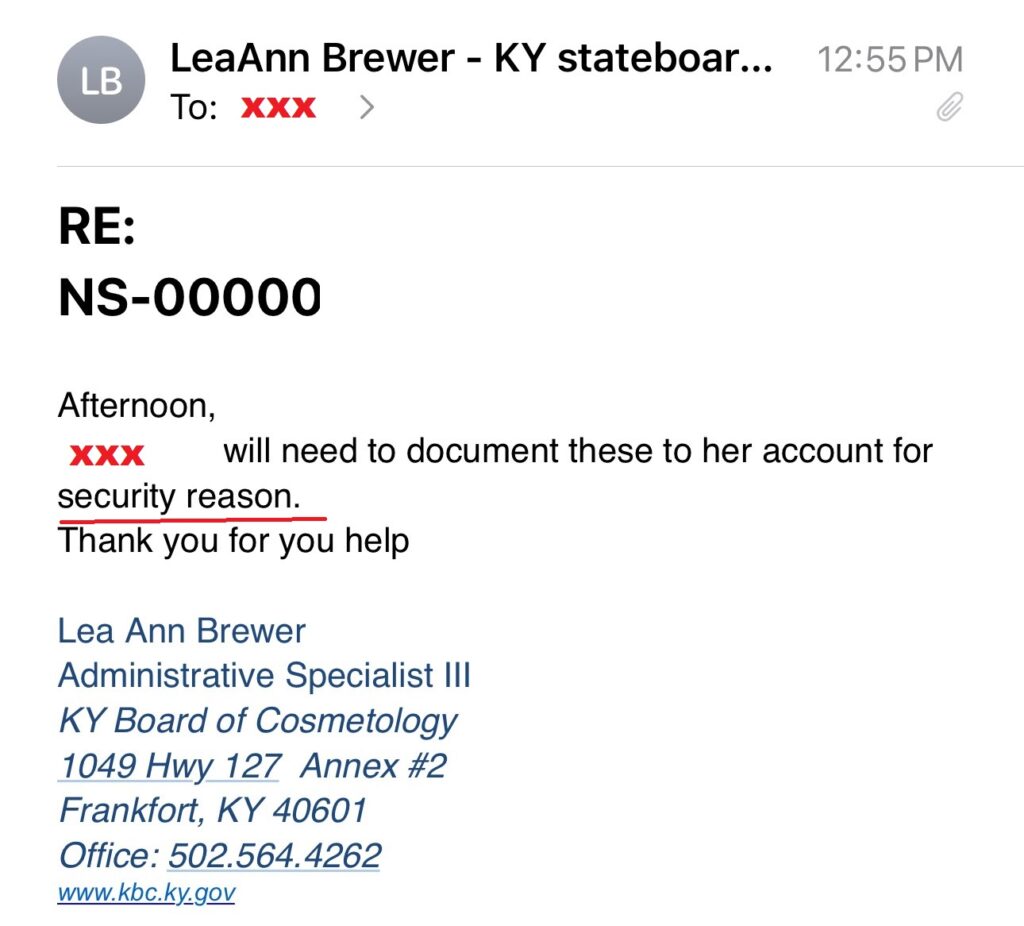
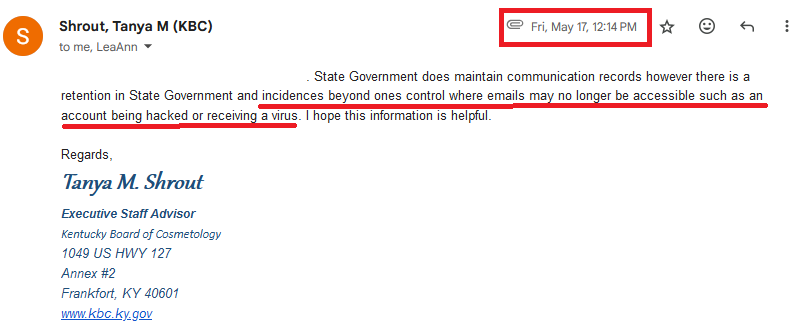
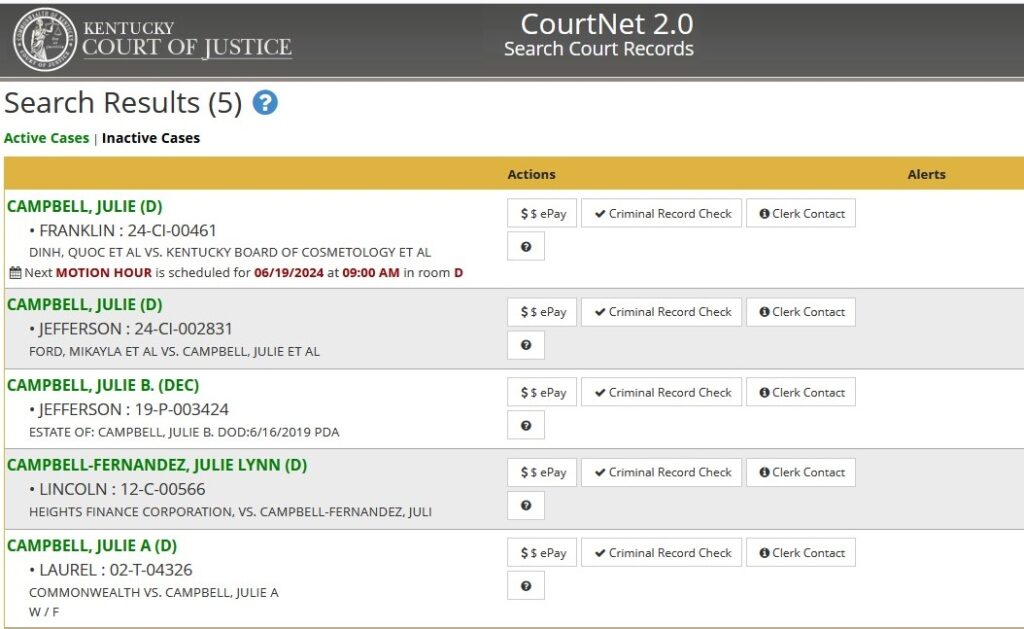
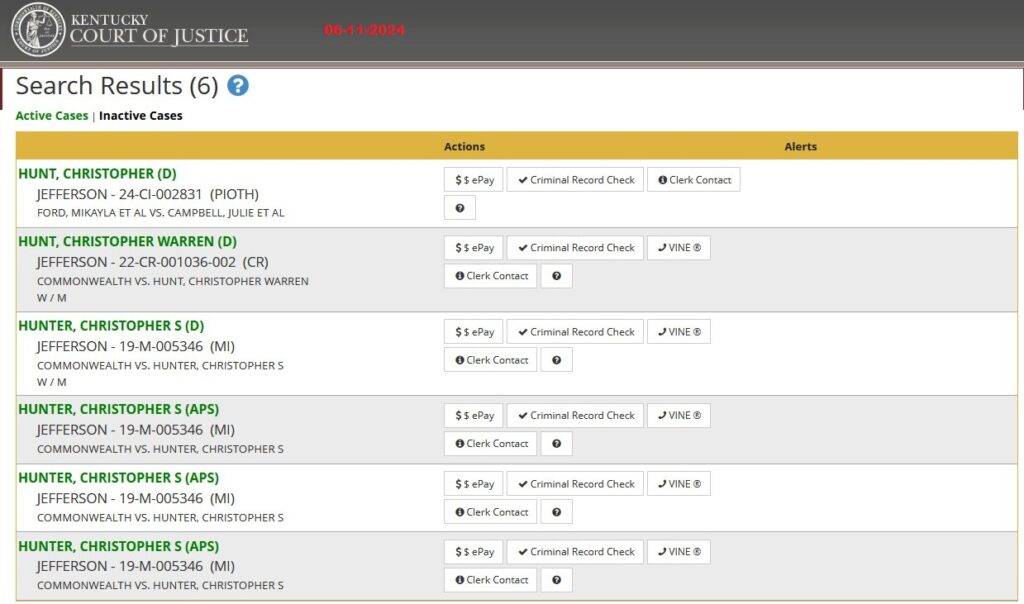
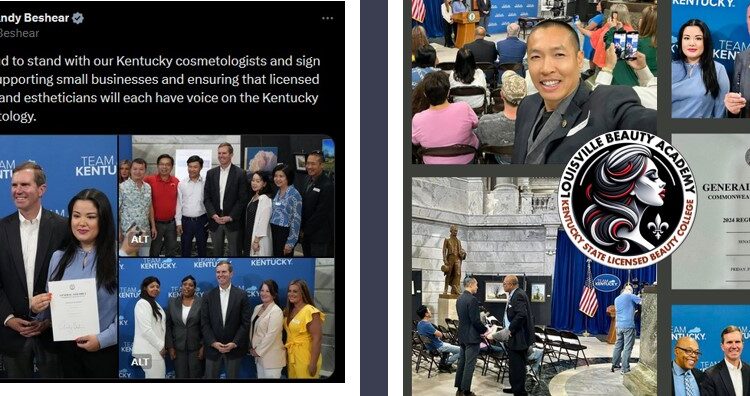
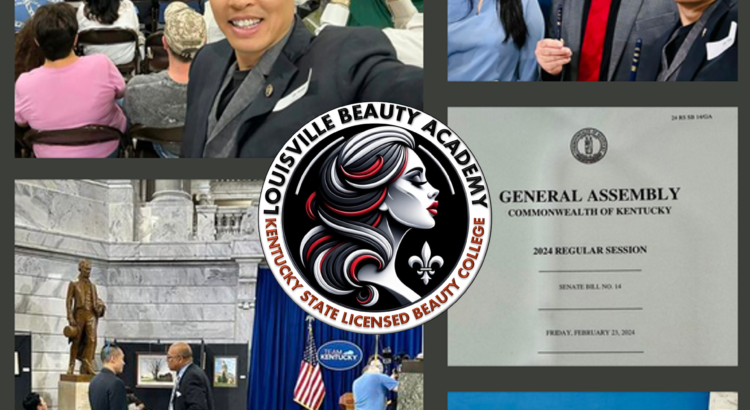
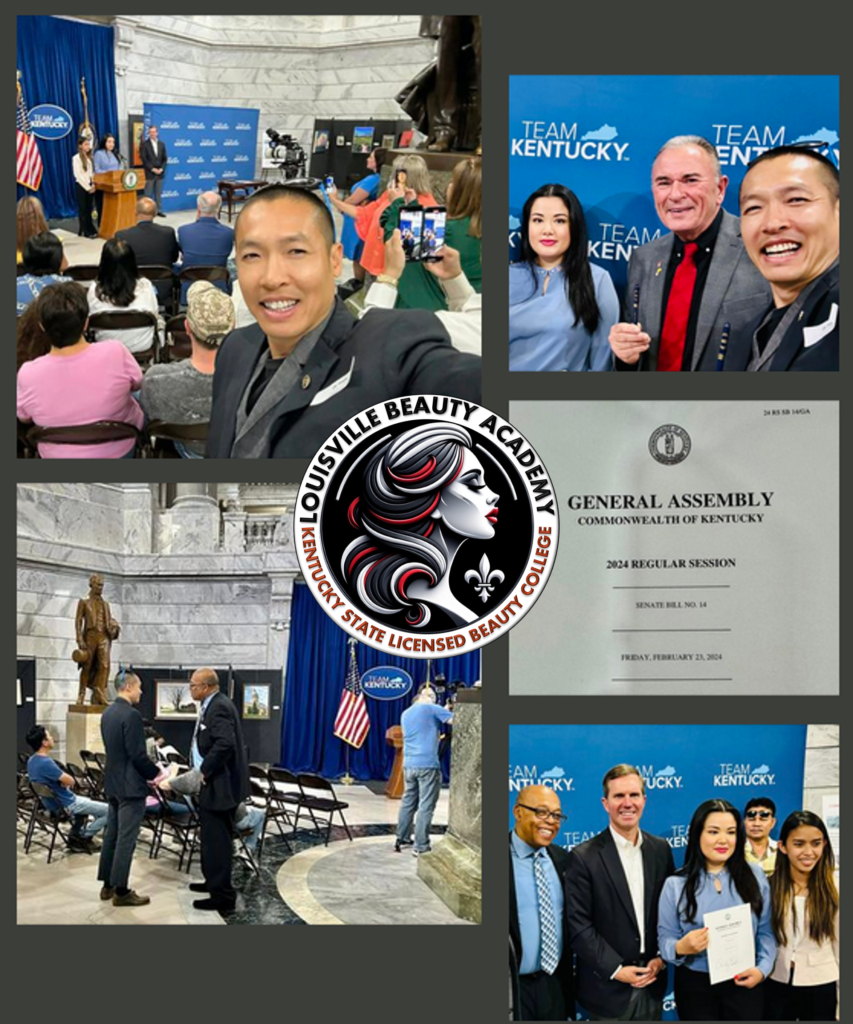
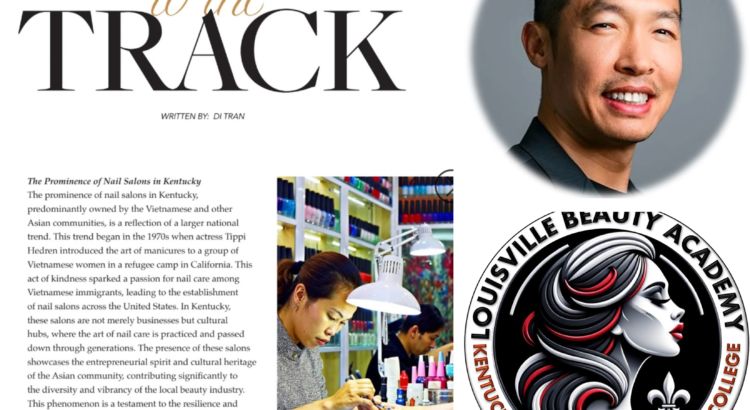
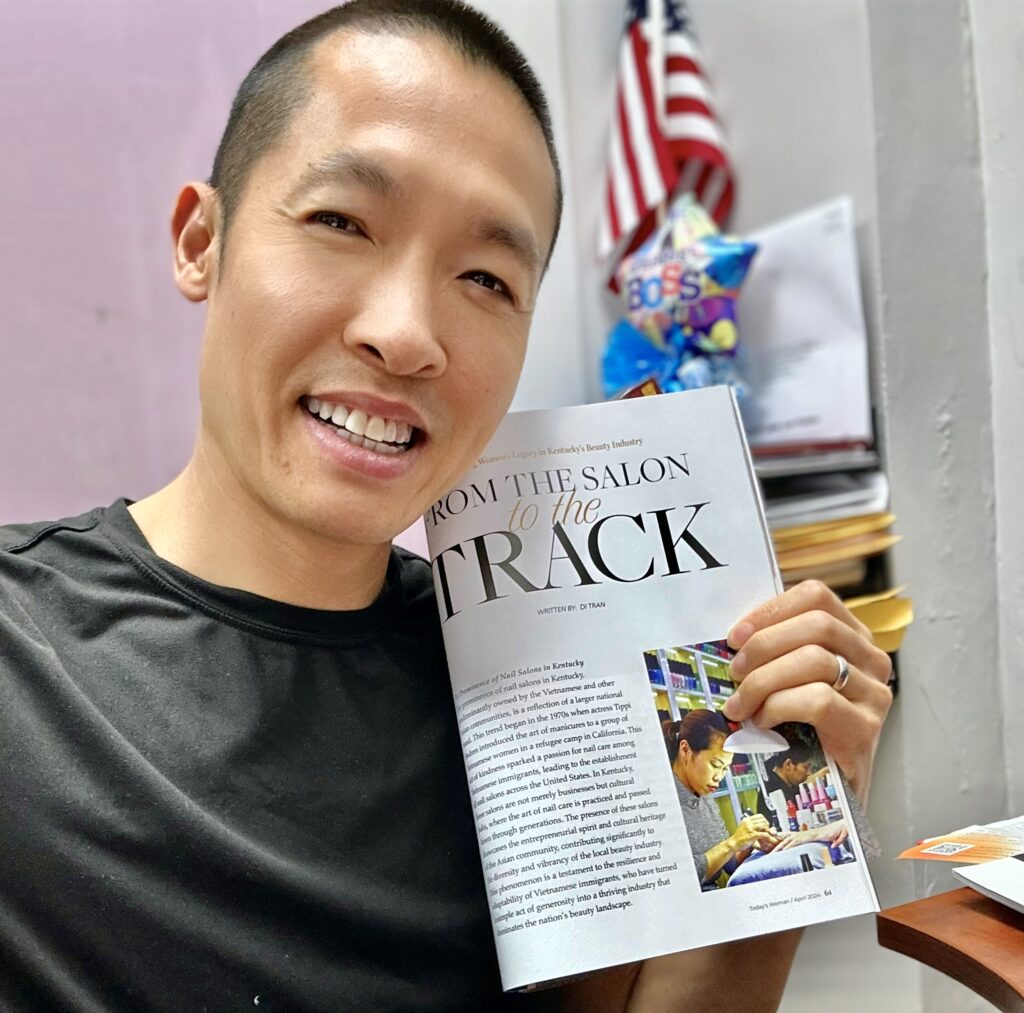
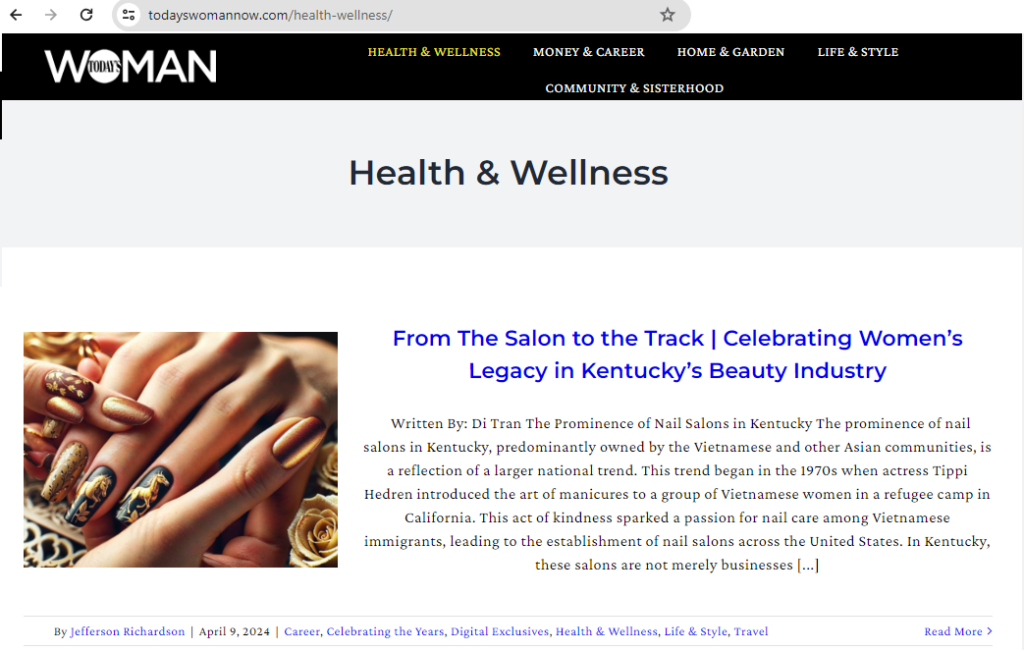
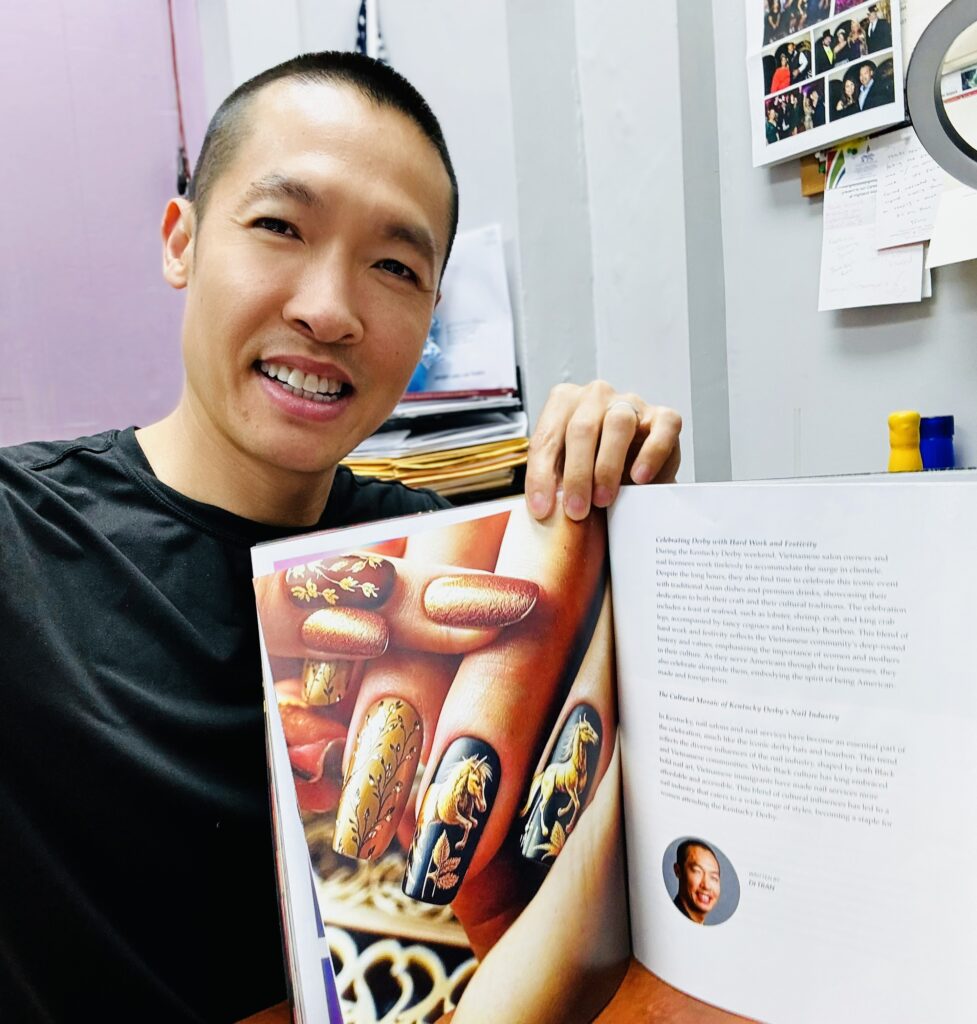


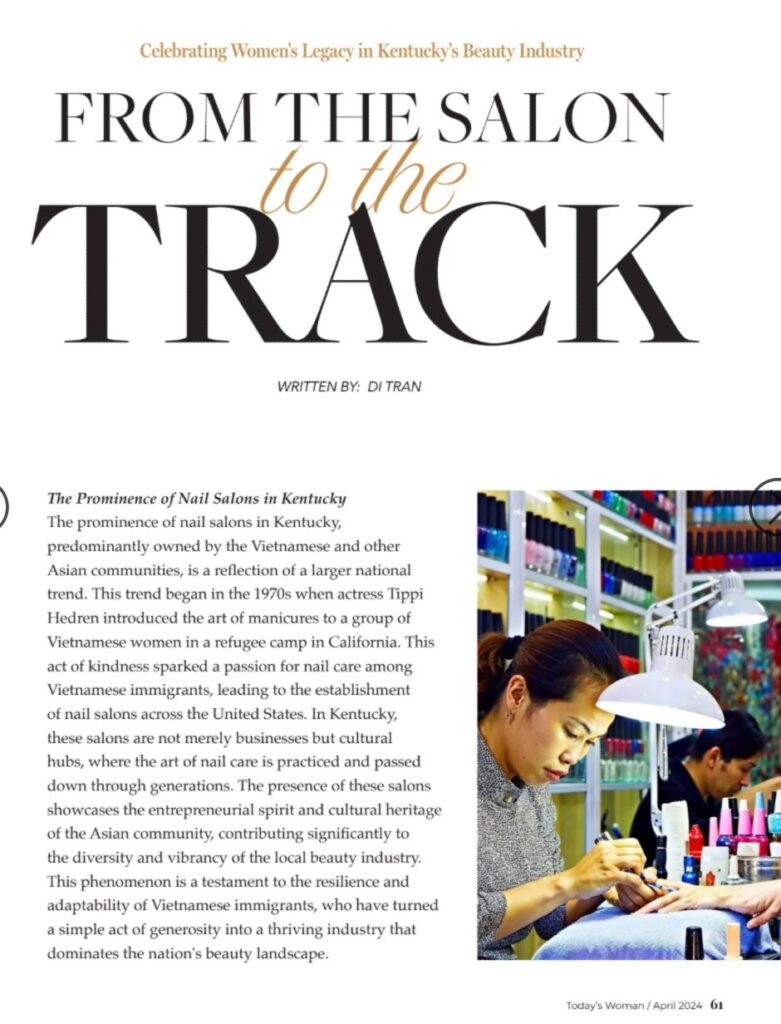
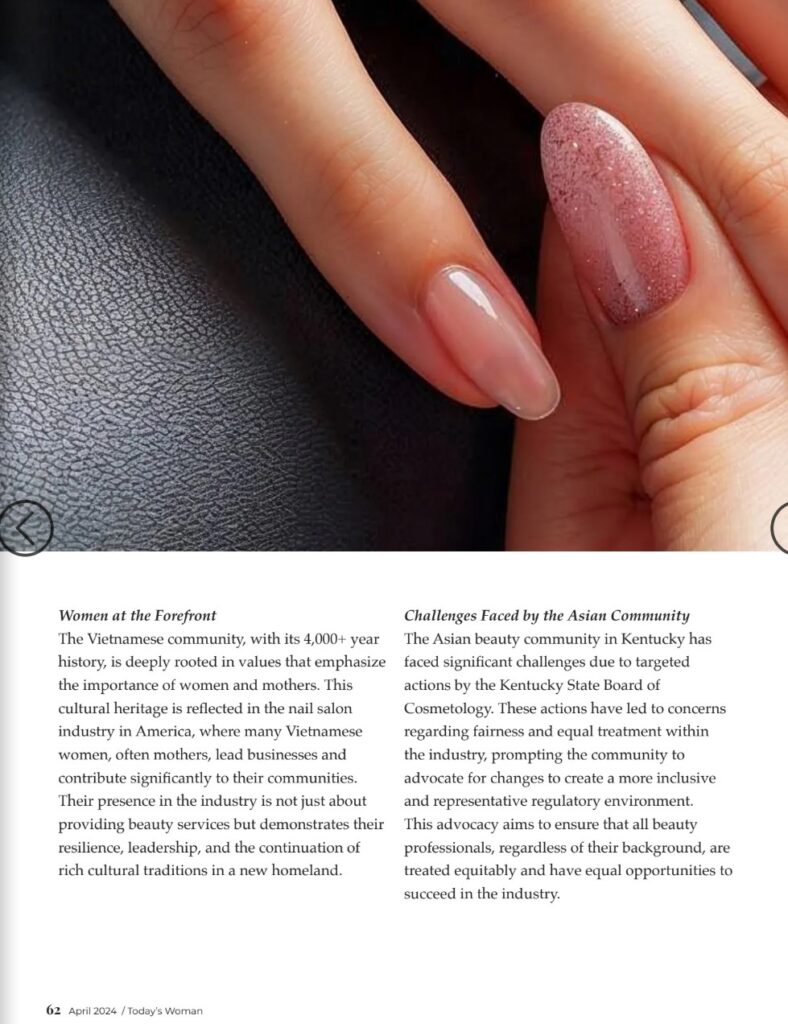
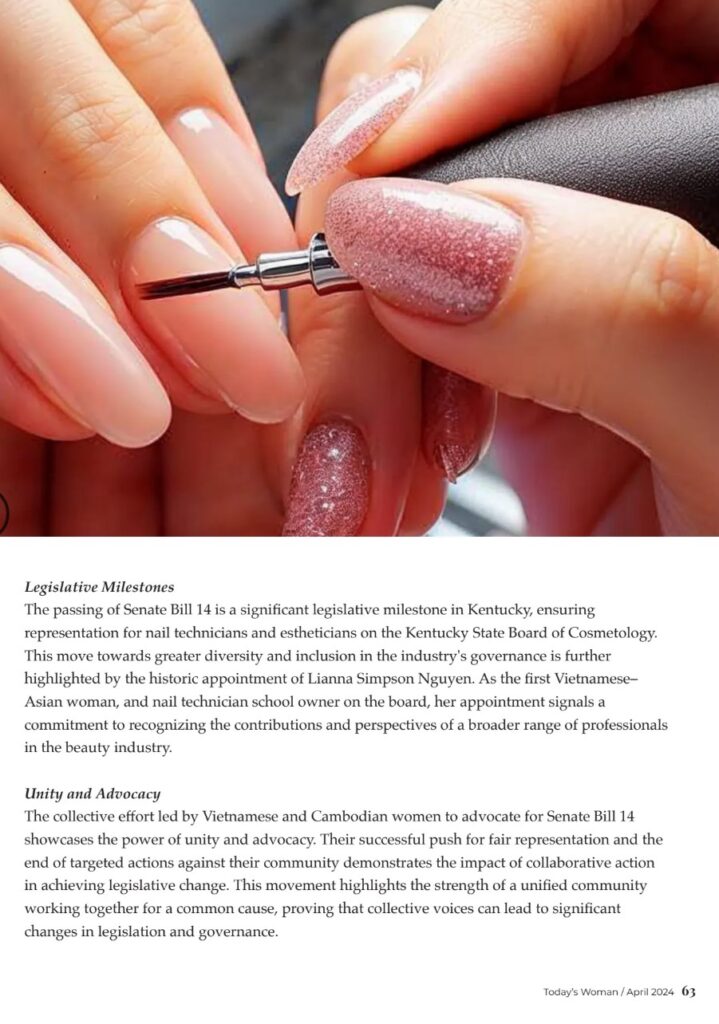

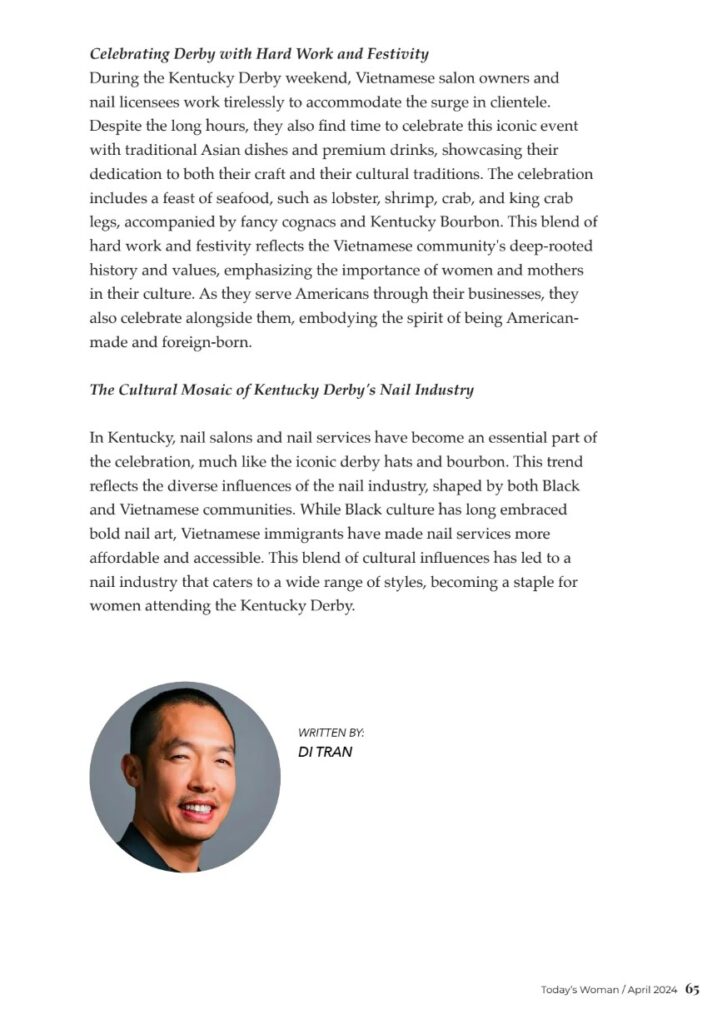
 Wed, Apr 10, 2:53 PM (7 days ago)
Wed, Apr 10, 2:53 PM (7 days ago)
